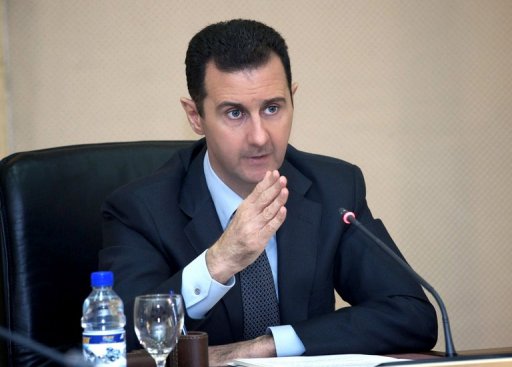CAIRO: On the sidelines of a United Nations and Arab League organized conference Monday, General Sameh Seif El-Yazal, president of El-Gomhuria Center for Security Studies, said that disclosing the defense ministry’s budget could compromise national security.
He spoke on a panel about the role of the armed forces in building democracy during a two-day conference titled “Cairo Dialogues: Building democracy, exchanging experiences, confronting challenges.”
The conference was organized by the Institute for Democracy and Electoral Assistance (IDEA) to present the experiences of Portugal, Spain and Turkey in transitioning towards democracy and how they can benefit Egypt in this critical juncture.
El-Yazal emphasized that the Egyptian army council has not directly interfered in the political arena.
“The new ministers appointed [last week] were appointed by the people in the street,” he said, claiming that the people “in the street” gave Prime Minister Essam Sharaf a list of the ministers they wanted to appoint and Sharaf approved it, without any interference from the ruling army council.
He responded to journalists who disagreed, saying, “But this is a democracy and in a democracy everyone can [express his opinion freely].”
He admitted that when the armed forces first deployed on Jan. 28, it was to protect vital public institutions when the police withdrew in the face of mass protests, upon former president Mubarak’s orders, but that later the army decided to side with the people instead of the former regime, which led to Mubarak’s ouster of on Feb 11.
“If the army hadn’t made that choice, we would’ve been like Syria or Libya,” he said.
Other Egyptian panelists drew attention to the challenges facing the country in its difficult transition to democracy.
Nadine Abdallah, researcher in the Arab Forum for Alternatives, likened the performance of the Supreme Council of the Armed Forces (SCAF) to the Mubarak era.
She explained that SCAF depends on using “painkillers” to calm the people down without implementing their demands or engaging in a serious dialogue with them.
“SCAF should set a timeline to execute the people’s demands and negotiate its position in the upcoming regime,” she said.
The panelists agreed that establishing a true democracy is a long process that could take years.
“Democracy is never made, but is always in the making,” UN high Representative for the Alliance of Civilizations Jorge Sampio said.
Samopi also criticized the frustration and resentment of the diversity that erupted in the Egyptian community following the ouster of Mubarak, stressing that “democracy can only be based on diversity.”
At the opening session earlier in the day, Turkish Ambassador to Cairo Havni Bostali said, “We are not here to lecture Egypt on how its leaders should best seek solutions for its numerous outstanding problems. We are here to stand by Egypt.”
“It’s up to the Egyptians to decide which [experience] is relevant to them,” Spanish Ambassador to Cairo Fidel Sendagorta said.
Arab League Secretary General Nabil El-Araby and minister of foreign Affairs, Mohamed Kamel Amr did not attend the opening due to overseas engagements.
Deputy Arab League secretary General Ahmed Ibn Holey gave the keynote speech on behalf of El-Araby.
He said that the Arab League welcomes all international attempts to help Egypt build its democracy based on mutual interest and putting into consideration the individual circumstances of each case.
“Away from dictations, enforcing specific prepared programs and methods or imposing sanctions on countries with the excuse of encouraging reform of certain movements,” he added.
Ibn Holey said that these countries’ support for the Arab revolutions should be translated into participating in developing their economies and accelerating the wheel of production and development.
Around 12 prominent countries, organizations and institutions including the UN and the Arab League participated in the conference, according to Ibn Holey.
